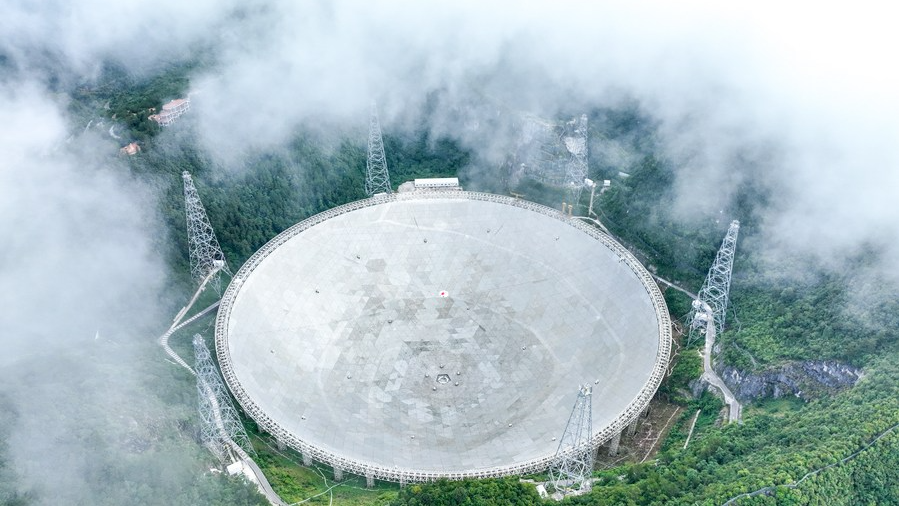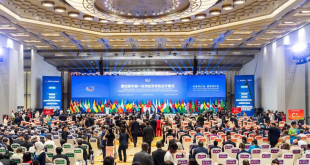Published: February 23,2023

Xi Jinping, general secretary of the Communist Party of China (CPC) Central Committee, has stressed the efforts towards self-reliance in science and technology, adding that international cooperation and sharing are needed “more than ever.”
Xi made the remarks when attending the third group study session of the Political Bureau of the 20th CPC Central Committee on Tuesday afternoon. The session was focused on boosting basic research.
In the world of science, basic research is widely seen as the opposite of applied research, with the former focused on theories of how nature works, and the latter on technologies that we use in actual work.
Breakthroughs in basic research can lead to new industries with countless new jobs. An example would be quantum physics, which laid the foundation of modern computers.
Working across the border
Xi stressed that humanity needs international cooperation and sharing more than ever to achieve development for all, adding that China should build platforms for such cooperation and fund researchers around the world.
National-level sci-tech programs should open up further to cross-border cooperation, especially on fields of climate change, energy security, biological security and space exploration, Xi said.
An existing example of such corporation can be found in the world’s largest “artificial sun” project named International Thermonuclear Experimental Reactor (ITER), which involves more than 60 countries and regions to find a future energy source. China has delivered many key parts for the fusion machine.
China has established sci-tech cooperation relations with over 160 countries and regions, and is involved in about 60 global scientific projects. In 2021 alone, Chinese researchers wrote over 183,000 papers with their international counterparts from 169 countries and regions, official statistics showed.
Invest more
Xi has also called for more efforts to strengthen the forward-looking, strategic and systematic layout of basic research.
China’s annual investment in R&D reached three trillion yuan ($440 billion) for the first time in 2022, achieving an increase of 10.4 percent compared to the year before.
The huge investment brought about rich results. China has been climbing on the list of world’s most innovative countries and reached number 11 in 2022. What’s more, data from World Intellectual Property Organization showed that China was the world’s top patent filer from 2019 to 2021.
Talents matter
Xi pointed out that strengthening basic research ultimately depends on talents. So, efforts must be made to build an institutionalized high-level platform to cultivate talents for basic research.
China has established a series of talent cultivation projects targeting future scientists and provided facilities for existing sci-tech personnel to do a better job.
Moreover, the country is working hard on science popularization. Along with the construction of the China Space Station, a series of space classes have been aired to curious students in many countries, encouraging them to join human space exploration.
All in all, strengthening basic research is an urgent requirement for achieving greater self-reliance and strength in science and technology, according to Xi, and it is the only way to build a world leader in science and technolog
Source:CGTN
 Africa -China Review Africa -China Cooperation and Transformation
Africa -China Review Africa -China Cooperation and Transformation
